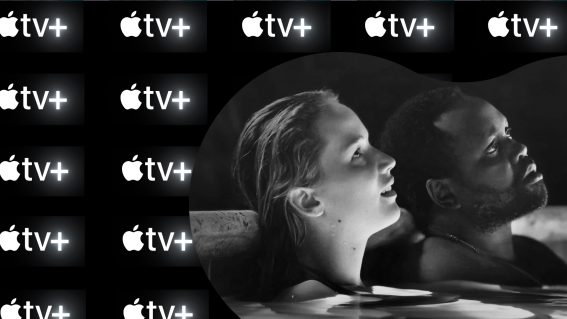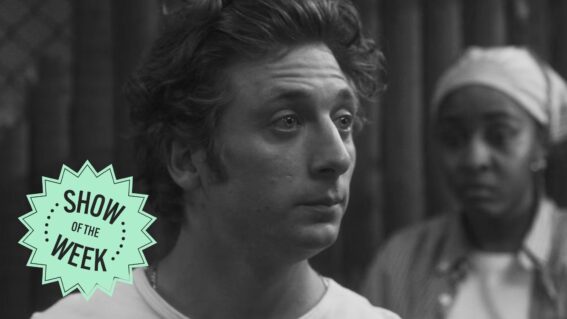Black Mirror looks set to return to zeitgeist-defining greatness
“There’s no point in having an anthology show if you can’t break your own rules.”
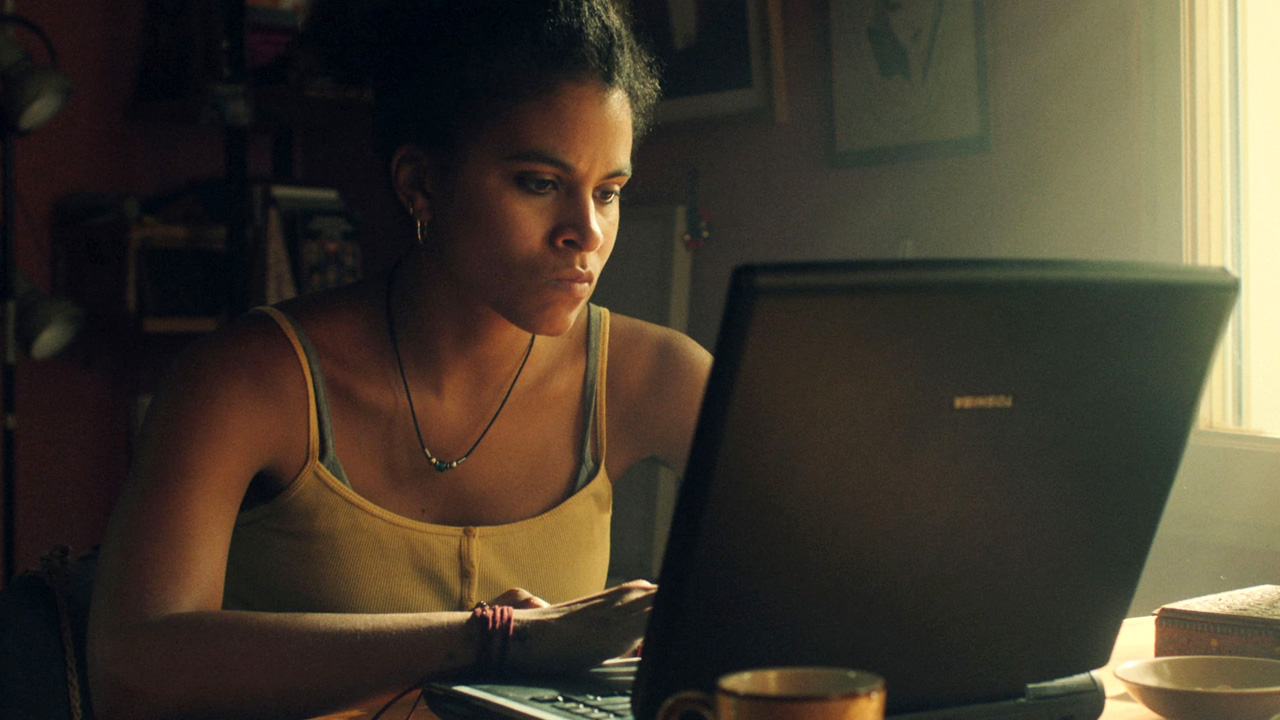
Emmy winner Aaron Paul and Emmy nominees Zazie Beetz and Kate Mara star in this sixth season of sci-fi anthology series Black Mirror. Tony Stamp traces the series’ progression from UK tele to an American streaming service giant, confident this season will return the show to zeitgeist-defining greatness.
Beginning in 2011 as a production for the UK’s Channel Four, the bleakly comedic anthology series Black Mirror soon expanded beyond its borders, landing on Netflix by season three with a steadily inflating budget and actor-recognition factor. It won the Primetime Emmy Award for Outstanding Television Movie three years in a row and was frequently cited as one of the best shows of the 2010s.
After its fifth season aired in 2019, it was unclear if there would be a sixth, with issues around intellectual property rights going on behind the scenes. In 2020, creator Charlie Brooker said he wasn’t sure the show would fit the public mood, which, if you think back to what was going on that year, makes perfect sense.
However, two years later a sixth season was announced, and now it’s upon us, heralded by a trailer teasing a larger scope and the usual impressive guest cast.
In America, Brooker had seemed to appear from nowhere as a powerful new voice in auteur-driven TV. But for many, his acidic sense of humour was well-established from decades working in print and TV. He wrote and presented the programmes Screenwipe, and later Newswipe, which blended reviews with segments analysing the way TV and news programming are put together. The shows birthed the character Philomena Cunk, who now presents her own Netflix series.
He co-wrote the sitcom Nathan Barley with satirist Chris Morris, based on a character from Brooker’s spoof website TVGoHome. Much like Black Mirror, the show was eventually seen as somewhat prescient, foreseeing influencer culture at least ten years before that term actually existed.
The first episode of Black Mirror was instantly notorious, a present-day tale that sees the UK Prime Minister blackmailed into having sex with a pig. The act is live streamed over the internet, and the focus on this aspect set the series template: the ‘black mirror’ of the title was the laptop or smartphone screen staring back at you.
By episode two the scope had expanded beyond the internet into a future where the populace rides stationary bikes in exchange for virtual entertainment, and a third (written by Succession creator Jesse Armstrong) dealt with technology that records people’s memories.
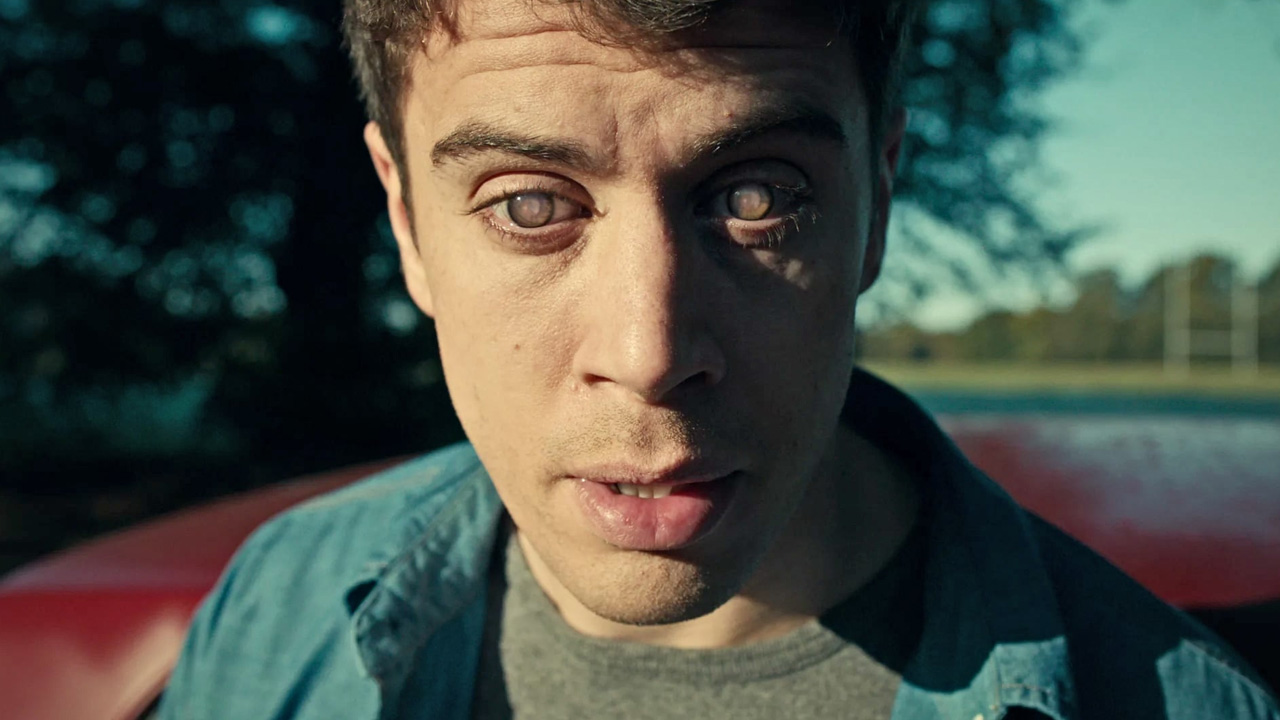
S1E3: The Entire History of You
After moving to Netflix, season three immediately felt more international, with American talent like Bryce Dallas Howard and Wyatt Russell in front of the camera, and Dan Trachtenberg and Rashida Jones behind it. Brooker still wrote the bulk of the episodes, but some viewers detected diminishing returns and pointed to the network’s inflated runtimes as problematic.
However, the same season contained what might be the show’s best-loved episodes—San Junipero. A queer love story involving simulated reality, it starred Gugu Mbatha-Raw and Mackenzie Davis, featured a rare happy ending, and underlined the series’ main strength: the ability to play in any genre sandbox it pleases.
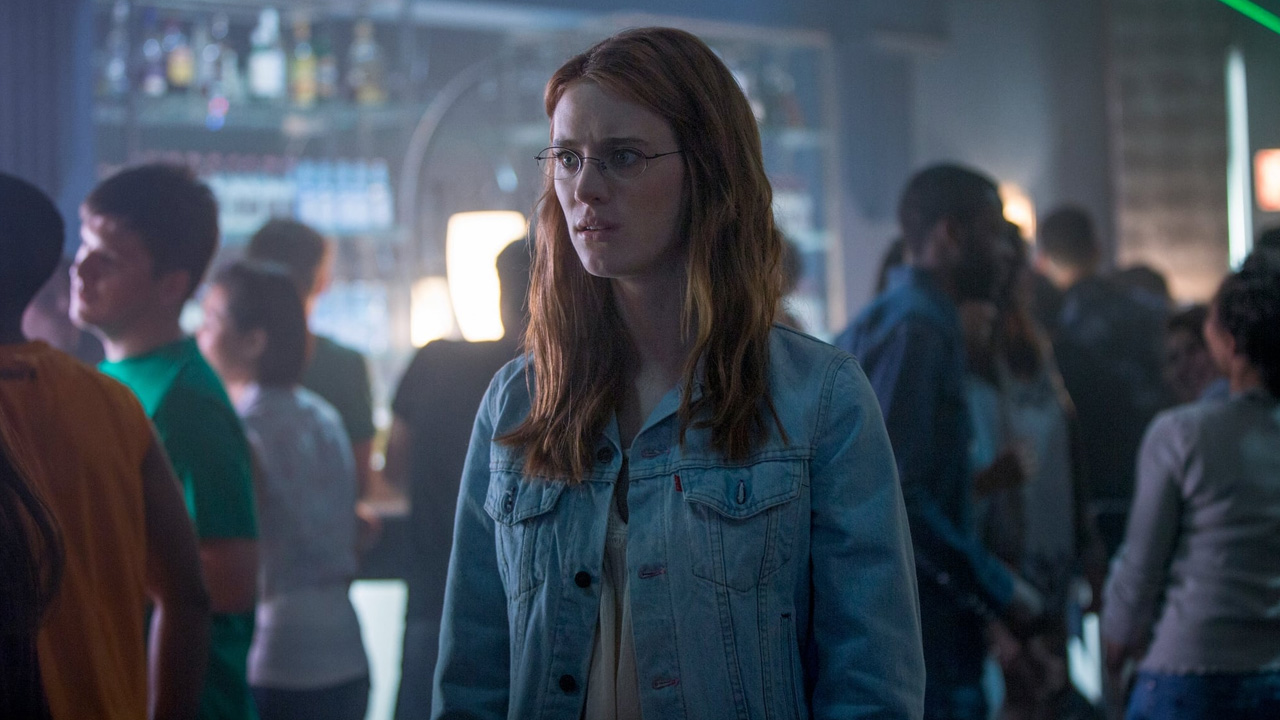
S3E4: San Junipero
A season four highlight, Metalhead was a black & white chase between a woman and a robot dog, directed by American horror helmer David Slade. It was another episode held up as prescient, clearly modelled on Boston Dynamics’ similarly canine creations, which have since been used by police in America.
Later came a pioneering interactive episode called Bandersnatch, and another featuring Miley Cyrus, but by this stage an online backlash was in full swing, with some viewers taking exception to what they perceived as luddism, and thematic repetition. But there’s no denying the show’s cultural dominance—its name alone has become shorthand for a sort of scepticism, and it’s rare to find news of a technological fad without someone commenting ‘Black Mirror’.
But the critiques have perhaps been noted by network and creator: according to Netflix, season six is “the most unpredictable, unclassifiable and unexpected yet”. Likewise, Charlie Brooker said “I was aware that I had written lots of episodes where someone goes ‘Oh, I was inside a computer the whole time!’ So I thought, ‘I’m just going to chuck out any sense of what I think a Black Mirror episode is.’ There’s no point in having an anthology show if you can’t break your own rules.”
Details are vague, with the first instalment having the most detailed synopsis: “An average woman is stunned to discover a global streaming platform has launched a prestige TV drama adaptation of her life — in which she is portrayed by Hollywood A-lister Salma Hayek.”
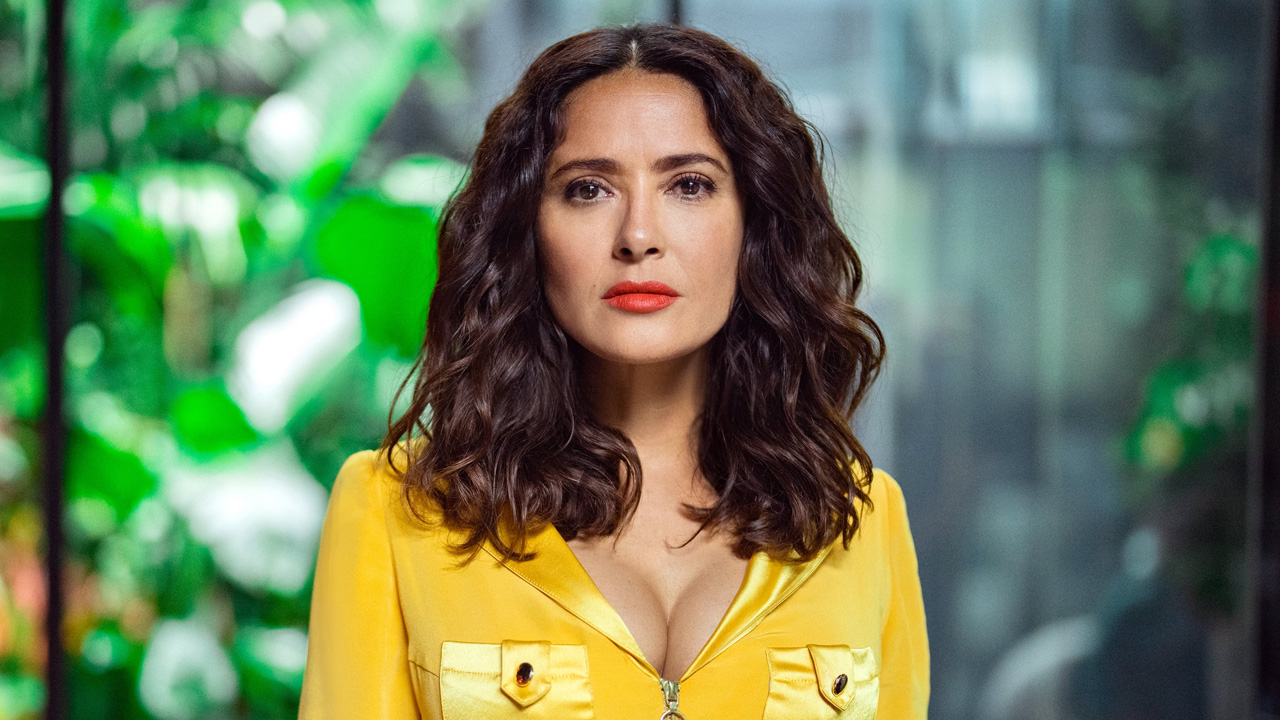
S6E1: Joan is Awful
Hayek has done press playing up the episode’s shock value and the novelty of portraying herself for the first time. A later episode features Aaron Paul and Josh Hartnett as astronauts, the later praising Brooker, saying “Even if the darkness is front and centre in his shows, there’s always that element of, ‘This is really funny.’”
Brooker has been mining this particular vein of cynicism for some time now, and it’s been interesting to see how bracing stateside audiences find his work (similar to that of fellow Brit Jesse Armstrong). There’s a sense of this new season being a return to form (and it’s notable that none of its directors are American), and if he’s managed to break those rules in a satisfying way, this latest selection of darkness, humour, and techno-scepticism could be a return to zeitgeist-defining greatness.

















